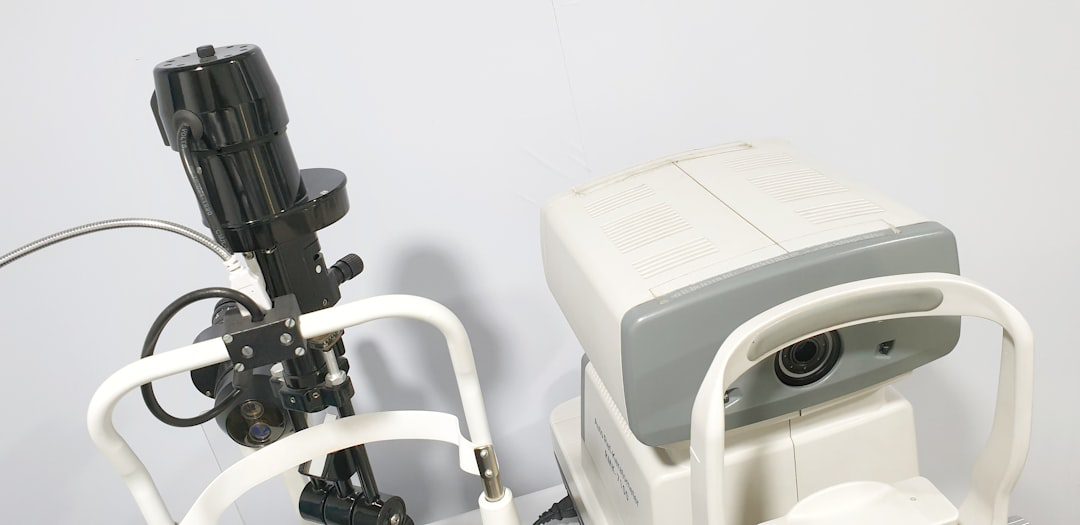
Understanding the Trokamed GmbH Nephroscope Sheath Alert Update
The FDA has issued an updated alert regarding nephroscope sheath issues from Trokamed GmbH, marking a significant development in the agency’s enhanced medical device recall communication program. This update serves as a critical case study for medical device manufacturers to understand evolving FDA recall procedures and their compliance implications.
What Happened: The Nephroscope Sheath Issue
Nephroscope sheaths are essential components in urological procedures, providing access channels for kidney stone removal and other minimally invasive surgeries. The FDA’s continued focus on this Trokamed GmbH product indicates ongoing safety concerns that could potentially impact patient outcomes during critical urological interventions.
While specific technical details of the defect remain under FDA review, nephroscope sheath failures typically involve:
- Structural integrity issues that could compromise device performance during procedures
- Material degradation that may affect sterility or biocompatibility
- Manufacturing defects impacting dimensional accuracy or surface quality
- Packaging or sterilization concerns that could lead to contamination risks
The FDA’s Enhanced Communication Pilot Program
This alert is part of the FDA’s Communications Pilot to Enhance the Medical Device Recall Program, representing a significant shift in how the agency manages and communicates device safety issues. This pilot program aims to:
- Improve transparency in recall communications
- Provide more timely updates to healthcare providers and patients
- Better coordinate with international regulatory bodies
- Enhance post-market surveillance effectiveness
Why This Matters for Medical Device Manufacturers
Regulatory Scrutiny Intensification: The pilot program signals increased FDA attention to post-market surveillance and communication protocols. Manufacturers can expect more frequent updates and enhanced scrutiny of their correction and removal actions.
Global Compliance Implications: Issues with Trokamed GmbH, a German manufacturer, highlight the importance of maintaining consistent quality standards across international operations and understanding FDA expectations for foreign manufacturers.
Supply Chain Risk Management: Healthcare facilities and distributors are increasingly focused on supplier reliability, making robust quality systems essential for maintaining market access.
Critical Compliance Actions for Manufacturers
Strengthen Post-Market Surveillance:
- Implement comprehensive complaint handling procedures per ISO 13485:2016 requirements
- Establish robust field corrective action protocols
- Develop rapid communication systems for safety updates
Enhance Risk Management Systems:
- Conduct thorough ISO 14971 risk assessments for similar devices
- Review and update clinical evaluation protocols
- Strengthen design controls for critical-use medical devices
Communication Protocol Optimization:
- Prepare standardized templates for FDA communications
- Establish clear escalation procedures for safety issues
- Train quality teams on the FDA’s enhanced communication expectations
Risk Mitigation Strategies
Medical device manufacturers should immediately assess their own nephroscope or similar urological device portfolios for comparable risks. Key focus areas include:
- Design validation: Ensure comprehensive testing protocols address real-world usage scenarios
- Manufacturing controls: Implement statistical process control for critical device characteristics
- Supplier management: Strengthen oversight of key component suppliers and contract manufacturers
- Clinical data monitoring: Establish systems for ongoing clinical performance assessment
Moving Forward: Proactive Compliance
The Trokamed GmbH case demonstrates the FDA’s commitment to transparent, proactive safety communication. Manufacturers must adapt by developing more sophisticated post-market surveillance capabilities and maintaining open dialogue with regulatory bodies.
Success in this evolving regulatory environment requires treating compliance not as a checkpoint, but as an ongoing strategic advantage that builds trust with regulators, healthcare providers, and patients alike.


No comments yet. Be the first to comment!